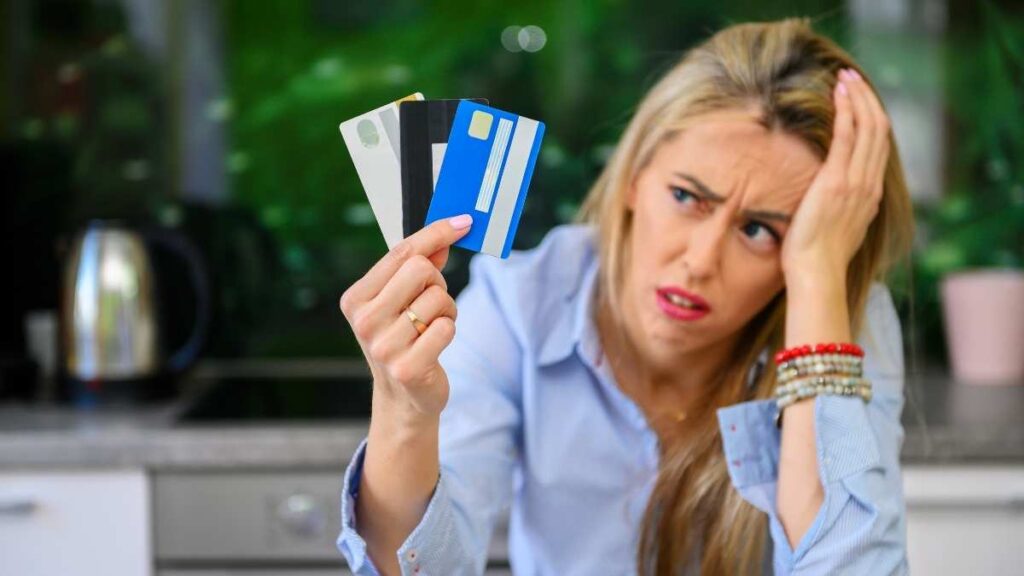
If you’ve recently reviewed your credit card or bank statement and noticed a charge labeled “Astroline Today,” you’re not alone. Many U.S. consumers report seeing unfamiliar or unexpected transactions under similar billing descriptors. Whether the charge is legitimate or a potential case of fraud, it’s important to know what it could mean and how to handle it quickly and safely.
This guide breaks down everything you need to know about an Astroline Today charge — including how to verify its source, dispute unauthorized transactions, and protect your credit card from future issues.
What Is an Astroline Today Charge?
As of 2025, limited public information is available about a company or service officially named Astroline Today. The name suggests it could be related to:
- Online astrology or horoscope services
- Spiritual or psychic readings
- Subscription-based astrology platforms
- Third-party payment processors billing under this descriptor
However, because this descriptor could be generic or misused by scammers, you should not assume the charge is legitimate without verification.
Key Point: Always confirm the charge directly with your bank or credit card issuer before sharing any personal details with unknown merchants.
Common Reasons You Might See an “Astroline Today” Charge
There are several possible explanations for seeing this charge on your statement:
1. A Legitimate Online Subscription
You (or a family member) might have recently signed up for an astrology or horoscope subscription that automatically renewed.
2. A Free Trial That Turned Into a Paid Plan
Some websites offer “free” astrology readings or daily horoscopes that convert into paid subscriptions after the trial period ends.
3. A Family Member’s or Shared Device Purchase
If you share your card for app store or online payments, another person may have made the purchase unknowingly.
4. Third-Party or Hidden Billing
Some third-party merchants process payments on behalf of other services, so the billing descriptor (“Astroline Today”) might not match the actual service name.
5. Fraudulent or Unauthorized Charge
In some cases, scammers use misleading merchant names to mask unauthorized charges.
Step-by-Step: How to Verify the Astroline Today Charge
Before assuming fraud, take these five steps to verify where the charge came from:
1. Review Your Recent Online Purchases
- Look for astrology, horoscope, or subscription-related services.
- Check your email inbox for receipts, welcome messages, or renewal confirmations.
2. Ask Family Members or Shared Users
- If your card is used on shared accounts (like Google Play, Apple App Store, or Amazon), ask others if they made the purchase.
3. Check the Merchant Details
- Log in to your online banking app or credit card portal.
- Click the transaction to see if there’s a merchant contact number or website.
- Try searching “Astroline Today [phone number or descriptor]” on Google to find a legitimate site.
4. Contact the Merchant (If Contact Info Exists)
- If you locate contact information, reach out and request details of the transaction, such as date, product/service name, and cancellation or refund options.
- Never share sensitive info like your full card number.
5. If You Can’t Verify It — Call Your Bank
If you still can’t confirm the charge:
- Contact your credit card issuer immediately.
- Ask them to block further transactions from the same merchant.
- Begin the dispute process if necessary.
How to Dispute an Unauthorized Astroline Today Charge
If you confirm the charge is unauthorized or fraudulent, you’re protected under the Fair Credit Billing Act (FCBA) — a U.S. federal law that gives consumers the right to dispute incorrect or fraudulent charges on their credit card statements.
Step 1: Contact Your Credit Card Issuer
- Call the number on the back of your card.
- Report the suspicious charge and explain that you didn’t authorize it.
- Ask the representative to freeze or block further charges from that merchant.
Step 2: File a Dispute
You typically have 60 days from the date the charge appears on your statement to dispute it under FCBA rules.
Most banks allow disputes via:
- Online banking portal or mobile app
- Over the phone
- By mailing a written dispute letter
Step 3: Bank Investigation
Once filed, your bank must:
- Acknowledge your dispute within 30 days, and
- Resolve it within two billing cycles (not exceeding 90 days)
During this time, you’re not required to pay the disputed amount.
Step 4: Replace or Secure Your Card
If fraud is confirmed, your issuer will:
- Cancel your current card number
- Issue a new card to prevent further unauthorized charges
Fraud Prevention Tips for Future Protection
Protecting your card from suspicious charges is easier than you think. Follow these simple tips:
- Enable Transaction Alerts
Get real-time notifications for every credit or debit card charge. - Use Virtual Cards for Online Purchases
Many U.S. banks (like Capital One and Citi) offer virtual card numbers for safer online shopping. - Avoid Storing Card Info on Multiple Websites
Delete saved cards from e-commerce platforms you rarely use. - Check Your Statement Monthly
Regular monitoring helps you catch unauthorized charges early. - Use a Secure Network
Avoid entering card details on public Wi-Fi networks or unknown sites.
Know Your Rights: Fair Credit Billing Act (FCBA) Summary
Here’s a quick breakdown of your rights under the Fair Credit Billing Act (15 U.S.C. § 1666):
- You have 60 days to report a billing error or fraudulent charge.
- Your liability is limited to $50 for unauthorized credit card charges (often waived by issuers).
- The issuer must investigate and cannot charge interest or late fees on disputed amounts.
- You can request documentation of the charge for your records.
Tip: Always document every conversation and email exchange with your bank or the merchant during the dispute process.
FAQ: Astroline Today Credit Card Charge
What is the Astroline Today charge on my credit card?
It’s a billing descriptor that may be linked to an astrology-related online service or subscription. Verify it with your bank if you don’t recognize it.
Is Astroline Today a scam or legitimate merchant?
As of 2025, limited public information exists. Some legitimate astrology services may use similar names, but scammers can also exploit generic descriptors. Always verify before assuming either way.
How can I contact Astroline Today for a refund?
If your bank statement includes a phone number or website, use it to reach out. If no details are available, contact your card issuer directly.
Can I dispute the charge if it’s unauthorized?
Yes. Under the Fair Credit Billing Act, you can dispute unauthorized charges within 60 days of the statement date.
5. Will disputing the charge affect my credit score?
No. Disputing a charge doesn’t affect your credit score as long as you continue paying undisputed balances.
6. How can I prevent similar charges in the future?
Use transaction alerts, monitor your statements, and consider using virtual card numbers for online purchases.
Read Also- Aurelle VIP Credit Card Charge
Final Thoughts
If you see an Astroline Today charge on your credit card and can’t immediately identify it, don’t ignore it.
Start by verifying whether it’s linked to a legitimate purchase, then take swift action if it’s unauthorized. Remember — U.S. consumer law, especially the Fair Credit Billing Act, provides strong protections against fraudulent charges.
Your best defense is vigilance: check your statements regularly, use digital alerts, and act fast when something doesn’t look right.

Emma Rose is a U.S.-based personal finance writer and a regular contributor at Cardix.us. She focuses on topics like credit cards, credit scores, and everyday money management. Emma’s writing makes complex financial concepts simple and practical, helping readers make smarter credit and spending decisions with confidence.


